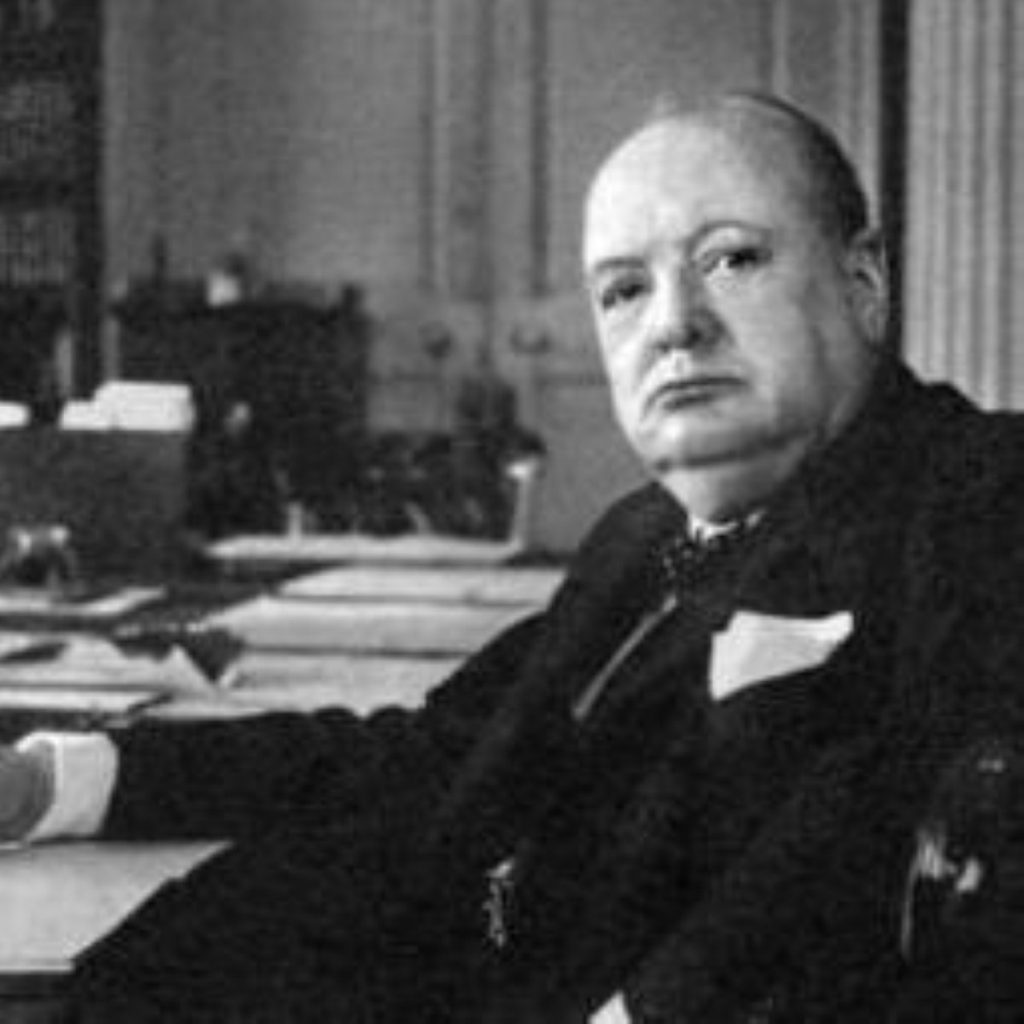Sketch: Another war leader, another Churchill
It happens to every prime minister. However hard they fight it, eventually they start sounding like Winston Churchill.
David Cameron had passed with flying colours in London this morning, when he told assembled MPs in the Commons that he was dispatching RAF Tornado and Typhoon jets to contribute to the Libyan no-fly zone now under construction.
His brow was as furrowed as those of his Cabinet colleagues as they contemplated the seriousness of the action they were taking. Yet there was no sense of hubris here. The PM’s logic in terms of legality, “demonstrable need” and regional support was faultless. But it didn’t stop him thinking long and hard about the step that was being taken. It was masterly.


A few hours later, and several hundred miles further north, the more febrile atmosphere of the Scottish party conference in Perth provided a sterner test. Leaders’ rhetoric is always likely to get out of control in these situations. We only need to look at Tony Blair’s 2003 speech to the Labour autumn conference for an alarmingly Messianic example. Could Cameron avoid the same fate?
The prime minister, rushing to rewrite his speech, largely resisted the temptation. He painted the picture so well. Gaddafi was “smashing up towns”, “brutally” beating back opposition, hiring mercenaries to do his dirty work for him. The prospect of seeing the hopes of ordinary Arabs “snuffed out by brute force” was appalling.
But there was no tortured phraseology, no getting carried away on show here. Instead most of the language was sharp and businesslike. “We are doing our fair share – no more, no less,” Cameron insisted. He was acting in the “national interest”. This was all a long way from the war on terror. A Gaddafi allowed to repress and prosper would become a country “exporting strife”, and nothing more. Above all, Cameron pressed, “this is not the start of some ideologically driven mission without limit in which we try to solve all the world’s ills”. Tony Blair was not mentioned once, but the shadow he cast in 2003 darkened the room.
The bleakest moment of all came when Scotland’s own bitterly tragic link with Gaddafi was raised. No part of Britain understands more the impact the Libyan leader can have on the world. Nor did Cameron let this opportunity go by. “Gaddafi is a dictator who has a track record of violence and support for terrorism against our country and against Scotland specifically,” the prime minister said grimly. “The people of Lockerbie, just over 100 miles away from here, they know what he is capable of.” Applause, rather thin on the ground during this bipartisan, exceptional party speech, broke out irresistibly in a moment of unbridled feeling.
So far, so good. Cameron was addressing the concerns of ordinary Brits. He had done so well in marrying Britain’s moral imperatives with a “clear and hard-headed” understanding of our practical needs. “This is where our interests and our ideals come together.”
And then, with his final flourish, it happened. “I know the British people, as they always do at times of difficulty, will unite behind the action we are taking,” he said, his voice quavering ever so slightly, “for the safety of our nation and the security of our world.”
Perhaps it was the bouncy rhythm of the final phrases. Perhaps it was the stern, determined intonation. Or perhaps it was simply the fact that Cameron was calling for the kind of national unity required when a country goes to war. Whatever it was, as the final ovation of approval swept around the hall in Perth, Cameron had finally succumbed to Winston’s lure.

